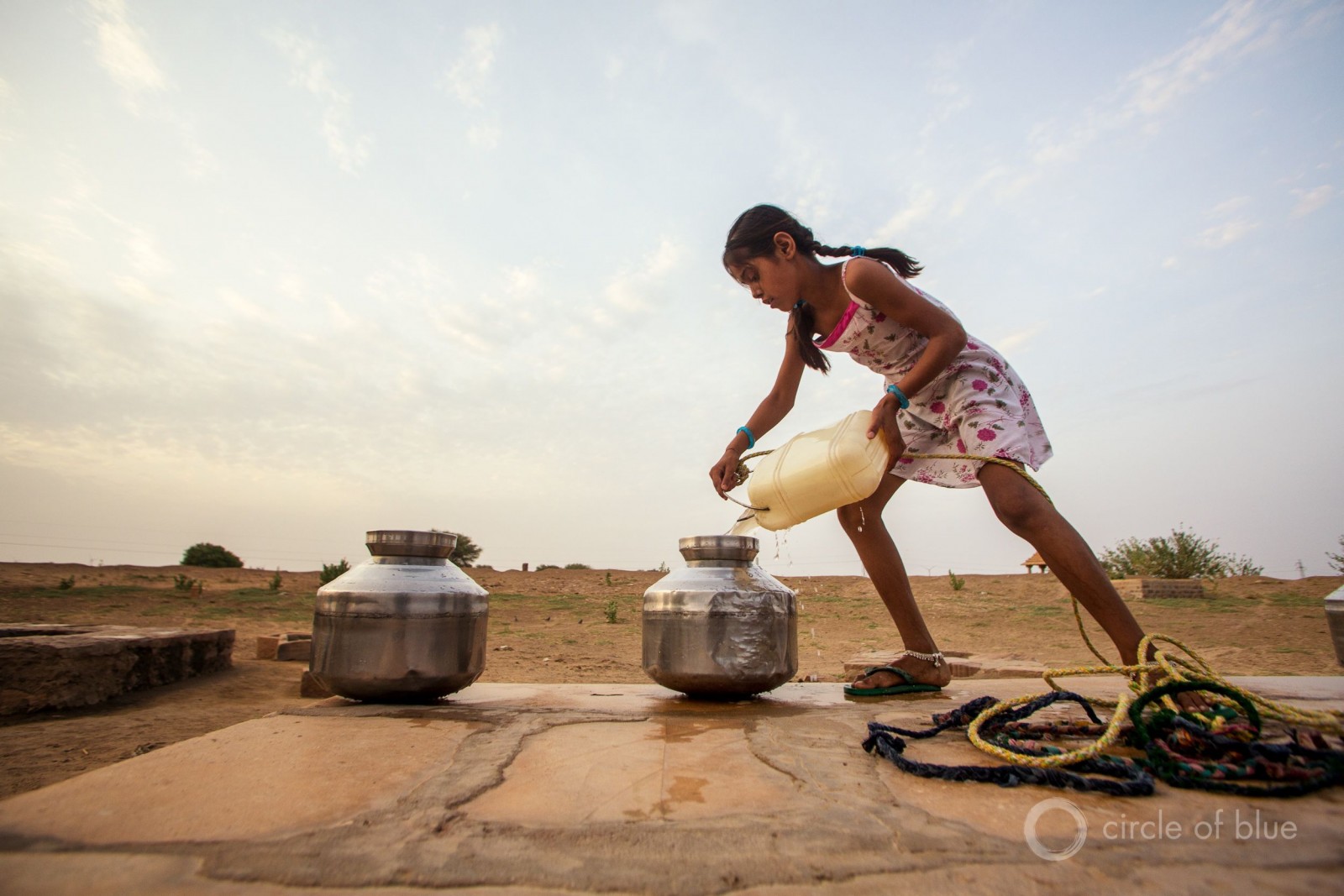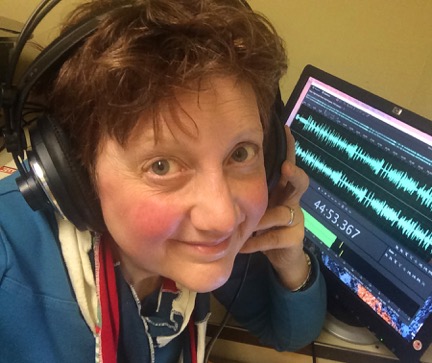Welcome to “What’s Up With Water” – your need-to-know news of the world’s water from Circle of Blue. I’m Eileen Wray-McCann.
Public health officials in Mozambique are trying to contain a cholera outbreak made worse by flooding from Tropical Cyclone Freddy. The UN Office for the Coordination of Humanitarian Affairs reports over 24,000 confirmed cholera cases in the southern African country. The highest number of cases are in the two provinces that were directly in the path of Freddy. The tropical cyclone made landfall twice in Mozambique, most recently in mid-March. Tens of thousands of people fled their homes, a regional displacement that weakened the country’s battle against cholera. Outbreaks of the bacterial disease occur due to a lack of clean water and sanitation. The illness causes diarrhea, vomiting, and dehydration that can be deadly unless a sick person has access to adequate clean water. Clean water and healthcare services were in short supply in the areas affected by Freddy. The Associated Press reports that hospitals and clinics were badly damaged. Health experts worry that outbreaks like the one in Mozambique may increase in a warming world with more people displaced by conflict and disaster.
In the United States, a natural gas pipeline under construction in West Virginia has suffered another setback. A federal court invalidated a water quality permit for the 304-mile Mountain Valley Pipeline. Most of the $6 billion pipeline is complete. The unfinished segments sit near stream and river crossings, which require an approved water quality permit. A U.S. District appeals court found fault with the permit that was approved by the West Virginia Department of Environmental Protection. The state agency must now reconsider how construction will affect streams, wetlands, and aquatic life. According to the Charleston Gazette-Mail, the “checkered past” of the pipeline developer played a role in the decision. While building the pipeline, Equitrans Midstream Corporation has racked up 46 water quality violations and 139 oil and gas construction general permit violations.
The U.S. Environmental Protection Agency’s mission to protect air, land, and water is based on a foundation of rigorous scientific evaluation. But conducting this work is more difficult than ever. In a new report, an expert panel lays out a pathway for the EPA to readjust its work culture and scientific assessments to meet 21st century needs. The panel was convened by the National Academies of Sciences, Engineering, and Medicine. In the report, panel members describe three multi-dimensional challenges for the EPA’s scientific endeavors. One is climate change, which is the root of new environmental and health problems such as heat stress and extreme weather. The second is cumulative pollution exposures. These are the burdens of pollution that build up over generations for communities living next to industry and agriculture. The third challenge is recognizing the connection between environmental damage and human health. The center of the EPA’s scientific efforts is the Office of Research and Development. The report recommends that the office undertake a number of changes in order to adapt to new risks. It should embrace technologies such as sensors, satellites, and supercomputers to improve pollution monitoring. It should expand partnerships with other federal and local agencies. And it should establish a national water quality database that incorporates data from water utilities, household wells, and river and lake monitoring systems. Such a database will provide a comprehensive view of the risks. Key to this transformation will be support from Congress. The report notes that in recent years federal funding for the Office of Research and Development has declined, offering diminished resources for the science critical to its mission.
And that’s What’s Up With Water from Circle of Blue, where water speaks. You’ll find more news and analysis – and a chance to support our work – at circleofblue.org. This is Eileen Wray-McCann – thanks for being here.






